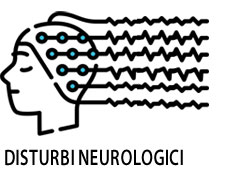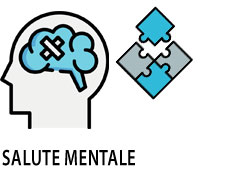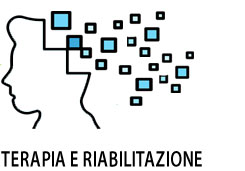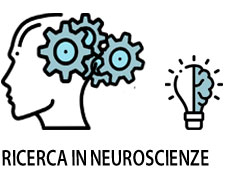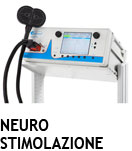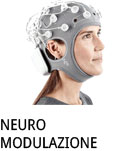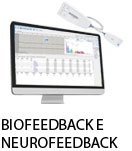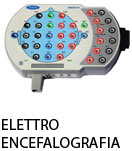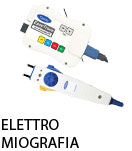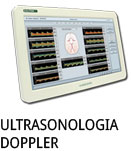- +39 011 5821948
- info@geasoluzioni.it
- Lun - Ven 8:00 - 17:30
Pubblicazioni
Neuro-mechanical and metabolic adjustments to the repeated anaerobic sprint test in professional football players
- Abstract:
- PURPOSE: This study aimed to determine the neuro-mechanical and metabolic adjustments in the lower limbs induced by the running anaerobic sprint test (the so-called RAST). METHODS: Eight professional football players performed 6 × 35 m sprints interspersed with 10 s of active recovery on artificial turf with their football shoes. Sprinting mechanics (plantar pressure insoles), root mean square activity of the vastus lateralis (VL), rectus femoris (RF), and biceps femoris (BF) muscles (surface electromyography, EMG) and VL muscle oxygenation (near-infrared spectroscopy) were monitored continuously. RESULTS: Sprint time, contact time and total stride duration increased from the first to the last repetition (+17.4, +20.0 and +16.6 %; all P < 0.05), while flight time and stride length remained constant. Stride frequency (-13.9 %; P < 0.001) and vertical stiffness decreased (-27.2 %; P < 0.001) across trials. Root mean square EMG activities of RF and BF (-18.7 and -18.1 %; P < 0.01 and 0.001, respectively), but not VL (-1.2 %; P > 0.05), decreased over sprint repetitions and were correlated with the increase in running time (r = -0.82 and -0.90; both P < 0.05). Together with a better maintenance of RF and BF muscles activation levels over sprint repetitions, players with a better repeated-sprint performance (lower cumulated times) also displayed faster muscle de- (during sprints) and re-oxygenation (during recovery) rates (r = -0.74 and -0.84; P < 0.05 and 0.01, respectively). CONCLUSION: The repeated anaerobic sprint test leads to substantial alterations in stride mechanics and leg-spring behaviour. Our results also strengthen the link between repeated-sprint ability and the change in neuromuscular activation as well as in muscle de- and re-oxygenation rates.
- Patologie/Applicazioni:
- Anno:
- 2015
- Tipo di pubblicazione:
- Articolo
- Parola chiave:
- ossigenazione muscolare; sport
- Testata scientifica:
- European journal of applied physiology
- DOI:
- 10.1007/s00421-014-3070-z
La nostra storia
GEA soluzioni si affaccia nel 2013 al mercato della strumentazione medicale di alto livello tecnologico ma la sua storia parte da più lontano, clicca qui per approfondire.
GEA SOLUZIONI SRL
via Issiglio 95/10, Torino
Tel.: 011 5821948 / 011 4463853
Fax: 011 0433281
Email: info @ geasoluzioni.it
P. IVA IT11696920013
REA TO1233648

